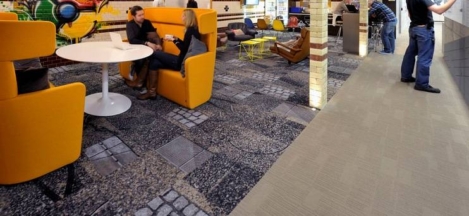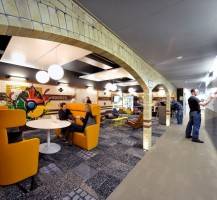May 3, 2016
Remote working may be the answer to the housing crisis, claims report 0
 A new report from techUK and Citrix claims that the UK’s housing crisis is exacerbated by the majority of workers (59 percent) working on the basis that there is greater potential for securing employment by living and working in large cities. The Housing Crisis: a Digital Solution (download) is based on data from YouGov research into the expectations of 1,243 UK knowledge workers with the potential to enjoy remote working. The report claims that the burden that location-dependent work places on large cities could be significantly reduced by allowing workers to work remotely, as over half of British workers (54 per cent) stated they would be likely to relocate to a rural area if they could still perform their role to the same level. However, while many workers would relocate if they could, connectivity, transport and corporate culture were all cited as challenges to achieving this especially when 48 per cent of rural premises don’t have access to high-speed broadband internet.
A new report from techUK and Citrix claims that the UK’s housing crisis is exacerbated by the majority of workers (59 percent) working on the basis that there is greater potential for securing employment by living and working in large cities. The Housing Crisis: a Digital Solution (download) is based on data from YouGov research into the expectations of 1,243 UK knowledge workers with the potential to enjoy remote working. The report claims that the burden that location-dependent work places on large cities could be significantly reduced by allowing workers to work remotely, as over half of British workers (54 per cent) stated they would be likely to relocate to a rural area if they could still perform their role to the same level. However, while many workers would relocate if they could, connectivity, transport and corporate culture were all cited as challenges to achieving this especially when 48 per cent of rural premises don’t have access to high-speed broadband internet.
































March 22, 2016
While politicians squabble, here’s what the Budget meant for the workplace 0
by Mark Eltringham • Comment, Facilities management, Legal news, Workplace, Workplace design
(more…)